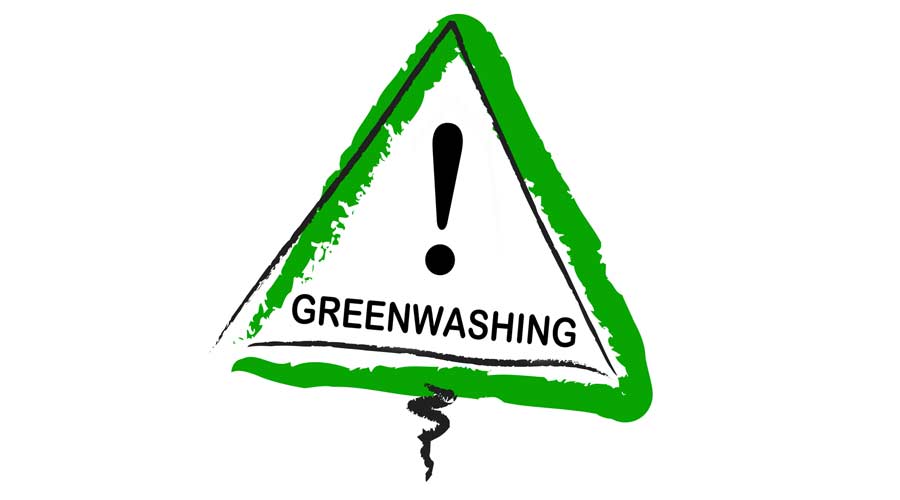
Contributed by The Ashkin Group
While it has received minimal attention in the United States, a new law proposed by the European Union (EU) will require manufacturers and other organizations to prove their product’s Green claims. The goal is to eliminate greenwashing, which studies find is more prevalent in Europe – and many other places worldwide – than we may realize.
For instance, in January 2021, the European Commission, a politically independent arm of the EU, published the results of a study involving 344 claims on European company websites.
According to the researchers, forty-two percent of those Green claims were “exaggerated, false, or misleading.”
The Commission went on to define greenwashing as claims that are:
• Based on excessive promises
• Have insufficient scientific data to support the claims.
• Employ confusing images that lead consumers to believe a product positively impacts the environment, even when it does not.
“This can, at best, be summed up as superficiality and, at worst, dishonesty,” concluded the Commission.
According to Steve Ashkin, the professional cleaning industry’s leading advocate for sustainability, new reports about greenwashing may be a bit surprising.
“Most of us believe Greenwashing is behind us. But this study and others tell us it is alive and well.”
As to why it is alive and well, Ashkin suggests the following:
Marketing Benefits: Greenwashing is a marketing strategy that helps promote products as environmentally preferable, even when they are not. It helps sell products; that’s why it hasn’t died.
Branding: It makes companies look “good” in the eyes of consumers and end-customers.
Consumers Want to Hear It: Even if the Green claims are false or deceptive, consumers and end-customers want to hear it. It makes them feel good. “We want to be easily convinced and to feel like we’re making the right purchasing decision,” says Sarah Duncan, a sustainability consultant and author of the Ethical Business Book.
“Ultimately, the EU wants increased transparency and accountability by all manufacturers and organizations,” says Ashkin. “This will help consumers and end customers make wiser purchasing decisions for themselves and [for] the environment.”

 The Down and Dirty on Cleaning in Virus Season
The Down and Dirty on Cleaning in Virus Season How Surfactant Use is Expanding in Commercial Cleaning
How Surfactant Use is Expanding in Commercial Cleaning